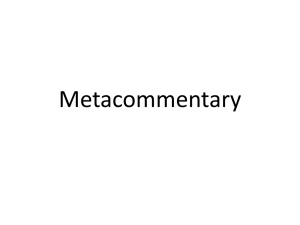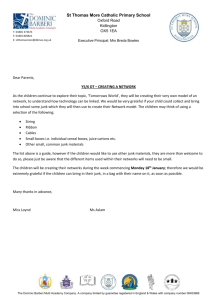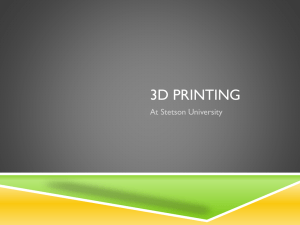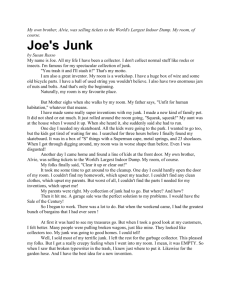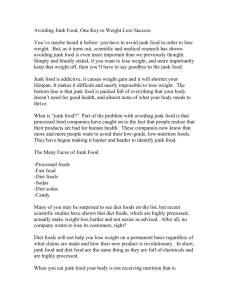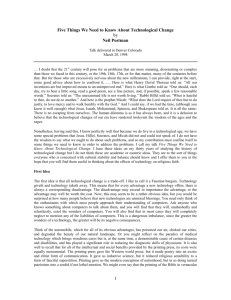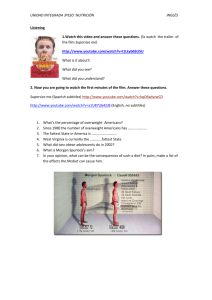Metacommentary
advertisement
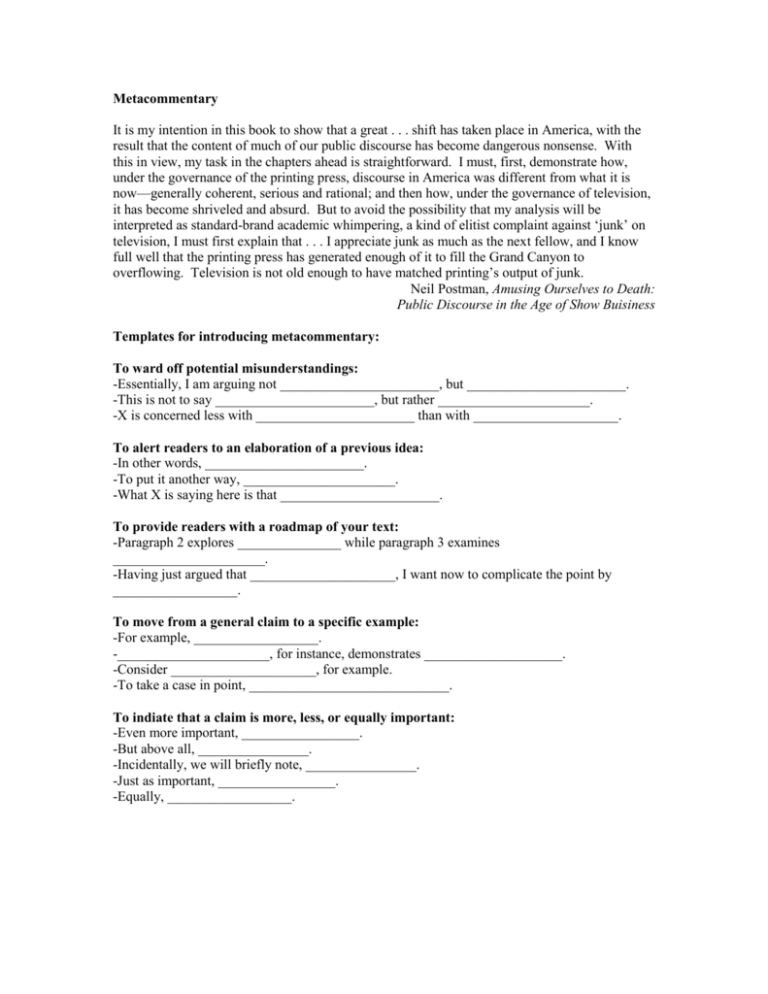
Metacommentary It is my intention in this book to show that a great . . . shift has taken place in America, with the result that the content of much of our public discourse has become dangerous nonsense. With this in view, my task in the chapters ahead is straightforward. I must, first, demonstrate how, under the governance of the printing press, discourse in America was different from what it is now—generally coherent, serious and rational; and then how, under the governance of television, it has become shriveled and absurd. But to avoid the possibility that my analysis will be interpreted as standard-brand academic whimpering, a kind of elitist complaint against ‘junk’ on television, I must first explain that . . . I appreciate junk as much as the next fellow, and I know full well that the printing press has generated enough of it to fill the Grand Canyon to overflowing. Television is not old enough to have matched printing’s output of junk. Neil Postman, Amusing Ourselves to Death: Public Discourse in the Age of Show Buisiness Templates for introducing metacommentary: To ward off potential misunderstandings: -Essentially, I am arguing not _______________________, but _______________________. -This is not to say _______________________, but rather ______________________. -X is concerned less with _______________________ than with _____________________. To alert readers to an elaboration of a previous idea: -In other words, _______________________. -To put it another way, ______________________. -What X is saying here is that _______________________. To provide readers with a roadmap of your text: -Paragraph 2 explores _______________ while paragraph 3 examines ______________________. -Having just argued that _____________________, I want now to complicate the point by __________________. To move from a general claim to a specific example: -For example, __________________. -______________________, for instance, demonstrates ____________________. -Consider _____________________, for example. -To take a case in point, _____________________________. To indiate that a claim is more, less, or equally important: -Even more important, _________________. -But above all, ________________. -Incidentally, we will briefly note, ________________. -Just as important, _________________. -Equally, __________________.

